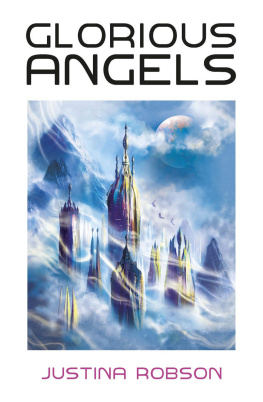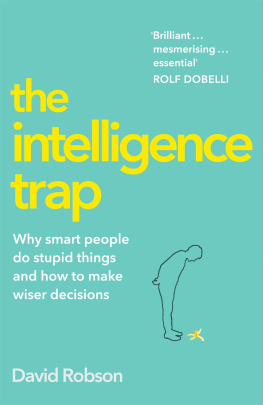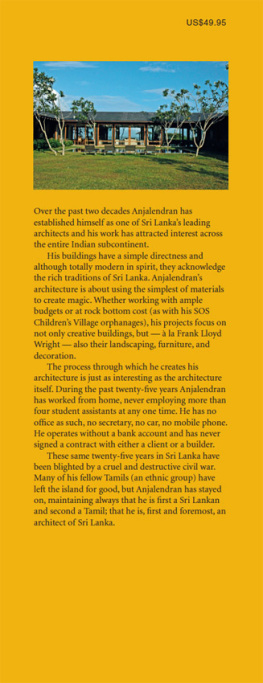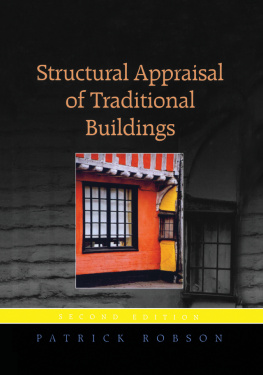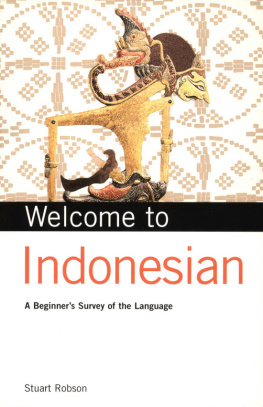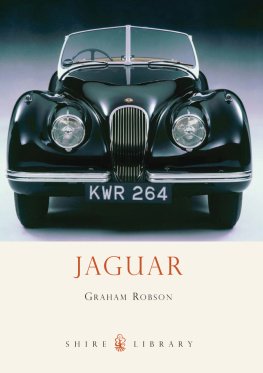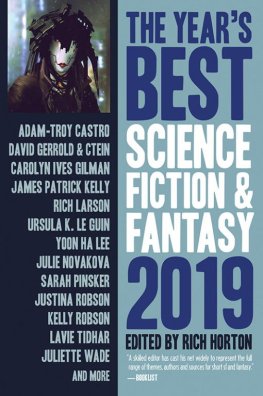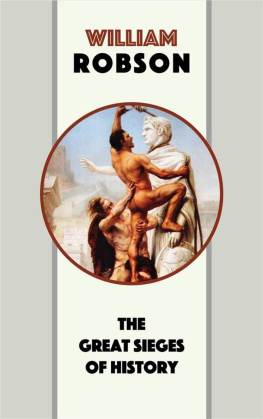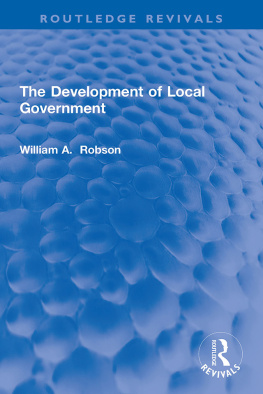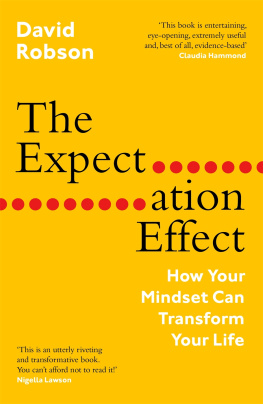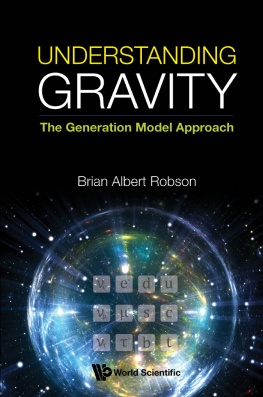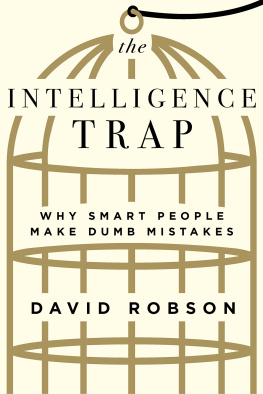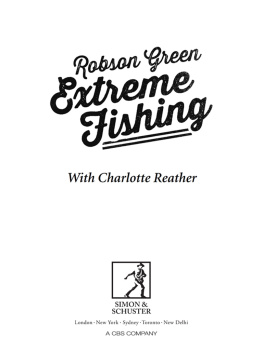GLORIOUS
ANGELS
JUSTINA ROBSON
GOLLANCZ
LONDON
CONTENTS
WHY THE WAR IN THE SOUTH MUST END
By Tralane Huntingore, Professor of Engineering,
Glimshard Academy of Sciences.
The war in the south has already consumed our soldiers, our money and our interest in its outcome. Daily it costs us more tax revenues than the entire Sun City District. The news reports regarding it have slowed to a trickle of inaccurate supposition and death tolls or lurid recollections.
Mercenaries gather at our gates, eager for the high wages paid to career warmen, including fighters from groups historically and politically opposed to the Empire and sympathetic to the indigenous tribeswomen of the south whose lands we have invaded, willingly or not, in our march to claim the Southern Fragment. Those tribes fight a righteous war against an unsympathetic occupier.
Refugees fleeing the front have collided with related blood families along the Karoo forest and drawn them into the conflict so that now what began as a simple crossing of territory has become an attempt to hold an impossible line, hundreds of miles long.
Counteragents and sympathisers have come to the Imperial diaspora and burned crops, looted homes and murdered villagers in shifting bands that are almost impossible to hunt down. They have allied with our ever-present agitators on the Steppelands and cannot be pursued even this close to home due to lack of manpower.
If this were not enough those countries bordering the Empire who have long envied our wealth and prosperity now see a chink in our armour as we lose guard patrols, civilian militia organisations and our attentions to our lands in order to fuel the conflict far beyond our natural reach. It has also lately been attested in several vivid journals, published lately by Hollow Victory Presses, that use of powerful mage weapons in battle has roused the Karoo of the southern forest and drawn them into the conflict. They are a combatant we cannot win against in our current depleted state.
With the greatest personal regrets I must advise the immediate closure of the Southern Fragment Expedition and propose extensive peacemaking diplomacy be carried out before we lose not only our dear sons and daughters but our beloved city and Empire as well. Is any scientific discovery, no matter how potentially significant, worth the price we are paying?
ZHARAZIN
Against a gunmetal grey sky a small plane was flying. Barely bigger than a hang glider, its two wings tilted and juddered in the force of the winds that tossed it this way and that. So violent and erratic was the progress that, seen from afar, it could easily have been mistaken for a leaf. But then a streak of light caught the edge of one of its propellers and flashed a regular code of brilliant motes that betrayed its mechanical nature.
Zharazin Mazhd, frozen almost into insensibility on his precarious perch, felt his heart catch at the sight. The slight increase of motion made him wobble and he felt the leather harness holding him against the icy stone slip a little as it took his weight. The pain of being forced to maintain one position for hours was outstanding and the cold had numbed his hands and feet in spite of their fireweave wraps.
As the plane battled closer, a figure could be seen sitting inside the light framework of the crafts delicate body, arms and legs working hard at various controls. The head was covered in a black leather helmet. Its full glass faceplate reflected the stormclouds. Beneath this an air tube curled down like a slender black trunk to the tanks behind the single seat. Wrestling hard with levers, one leg thrusting forwards, the other braced, the pilot struggled and cajoled the tiny craft in steady corrections towards the overgrown deck below Zharazins ruined tower. The bees of the engine became a furious tiger and the underside of the wings lit with a burst of arcane energy in pale purple as the pilot applied maximum power in an attempt to stall their excessive speed. Success brought a sudden new series of terrifying angles of descent and the plane zigged, yawed and pitched as it dropped from the sky.
Zharazin put down the glasses for a moment and quickly wiped their lenses again, to be sure he would not miss the essential moment. Their heavy brass frames were cold and rigid against the bone of his eye sockets as he replaced them and the shaking of his hands made him bang them clumsily so that pain shot through one cheekbone but he found the airplane easily again, huge and out of focus in his vision. He spun the dials as it flitted closer to the platform where its landing circle was marked in weeds bursting through the stones, their lines vivid green against the yellowed streaks where the rest had been sprayed dead.
A gust of wind almost knocked him off his perch and he clutched and gasped with a moment of sudden terror. The glasses fell heavily against the strap on his neck. He swore, swore, swore, fumbling with his gloved, dead fingers until he had them back in place. For a second, the view wavered crazily and he lost sight of his quarry, but then he found the small shape, the violet glows already dying back until it was barely more than a silhouette against an ever-darkening sky.
There was a moment when the tiny craft was suspended in the air above the deck, so still that it might have hung there for ever, propeller whirring, insectlike, fragile. Then, with the sudden relenting of the wind, it dropped like a stone to the burst pavement of the runway and landed heavily with a thud that Zharazin felt as well as heard. He found his heart in his mouth. Hed thought the pilot was surely going to die, the plane smashed into matches, although identifying an unprotesting corpse might be easier than the lengths this had forced him to.
His right lens was misting up again but he darent clean it now. Now was the moment to which all his painful effort and machination had led. The pilot taxied forwards to the green circles centre, stopped the plane, stopped the engines. They undid their harness and turned in place to operate a crank that wound in the singing wires of the crystallograph which sat behind them on the fuselage, mounted in an iron box and protected with an alder wood frame. That done they slithered to a position on the edge of the cockpit itself, reaching for the crystallograph again.
One, two, three, four into the grey anonymity of a mail satchel went the crystals from the graph box. They looked like nothings now, shards of coloured rock, clouded with salty faultlines but he knew these to be the final components for Minister Alides Chaos Gun, the weapon which would disintegrate anything that came within the range of its entropy beam. But they still looked like nothing, the crystals. As he watched they were covered in cotton wadding, strapped up tight and then their manager, the pilot, with minimum care, hoisted their bag free. With a movement more redolent of joy than fear they kicked their legs up over the side of the craft and jumped down to the ground.
Without their weight the wind buffeted the fragile plane and made it move. It slid a few feet. The pilot put one hand out onto the wing, avoided the still-lethal whirl of the propeller with ease and gave the mailbag a hefty underarm swing before letting it go. It sailed across the deck and into a bush. The pilot gave a nod of satisfaction that said clearly they were glad to be rid of it, however temporarily. It was heavy, so there was no chance it would be blown over the edge Zharazin could not think about the edge. If he did he became aware of what was at his back and that was not worth contemplating. All the towers safety mechanisms were long since dismantled or weathered away. It was a direct drop of six hundred feet to the city streets, and if the wind caused him to miss them it was a thousand more to the humble roads and fields of the farmlands.
Next page
